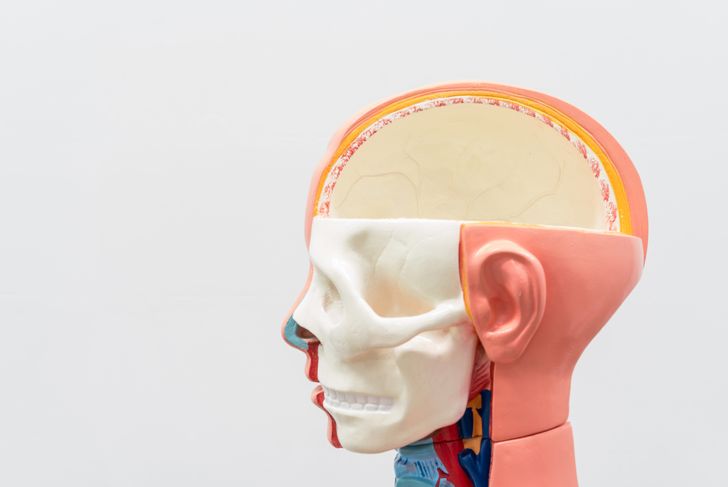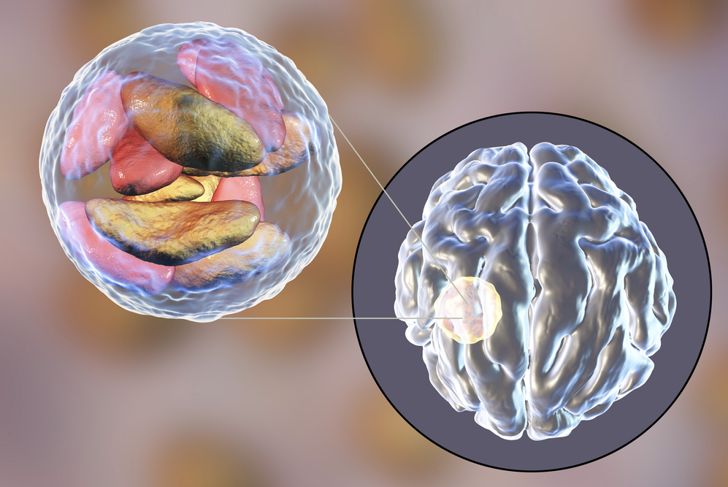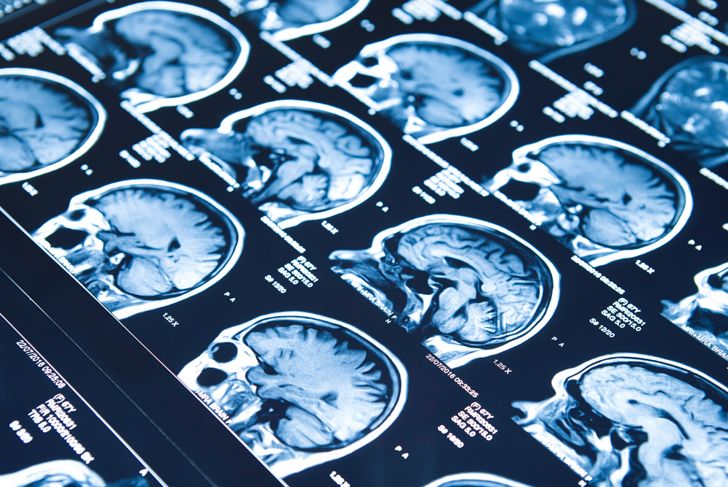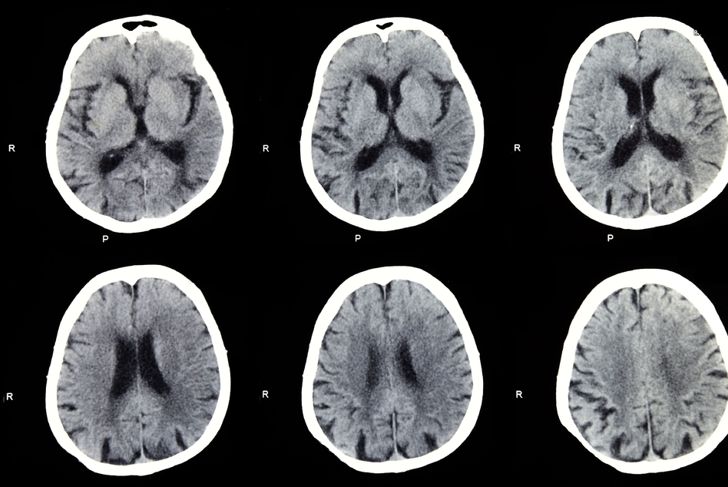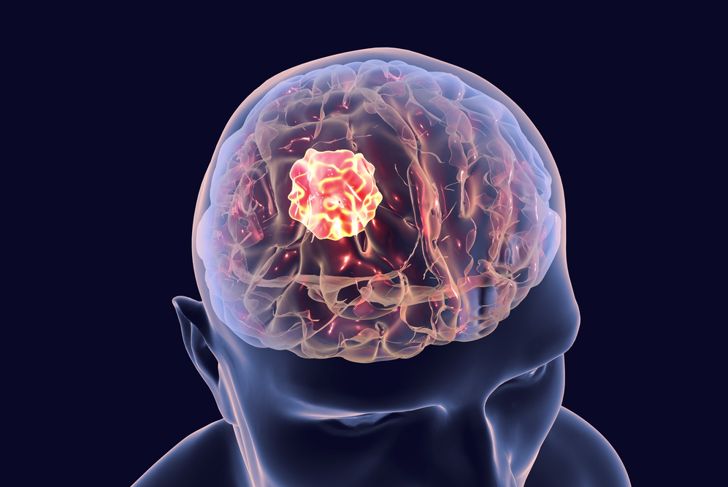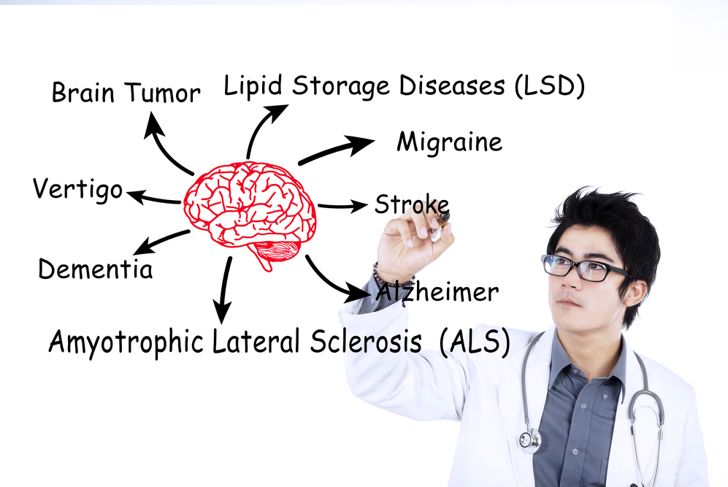I think we all understand that the brain is an essential component of the human body. It is the central control hub for all our bodily function, so if it is in crisis, the effects can be devastating. Under the umbrella of brain diseases, there are many individual variations, all vary widely depending on the particular condition. Brain diseases can result in other comorbid conditions such as paralysis, seizures, and comas.
Meningitis
Meningitis is the inflammation of the lining that surrounds the brain and the spinal cord. Usually due to infection, bacterial and viral meningitis are the two most common forms of the disease. However, other cases are known to be caused by fungi, chemical irritations, drug allergies, and some cancers. The inflammation can be deadly serious if left untreated and complication can occur such as seizures, brain damage, and hearing loss. Symptoms can vary depending on age and the type of meningitis, but hospitalization is the most immediate action in these cases as early diagnosis can prevent further complications.
Encephalitis
Where meningitis is the inflammation of the membranes that line the skull, Encephalitis is inflammation of the brain itself. The brain tissue becomes inflamed as the result of the body fighting off a viral infection, or sometimes the immune system will attack the brain tissue by mistake. This condition is acute and requires immediate medical attention. After experiencing some fever and headache, further increasing symptoms include seizures and loss of consciousness, drowsiness, and confusion. It can also lead to a coma. Direct infection of the spinal cord and brain is known as primary encephalitis, and an infection that started elsewhere and spread to the brain is known as secondary encephalitis.
Parkinson’s Disease
Parkinson’s disease was eventually named after an English physician named James Parkinson. This neurodegenerative disease affects the nerves in the central brain area. The nerves degenerate slowly because the brain stops producing dopamine, a neurotransmitter. Without his, a person cannot control their body and emotions accurately. People can live with Parkinson’s symptoms for years. It causes problems over time such as shaking hands, movement and coordination difficulties, stiffness in the limbs and unstable posture and slowness to move about. There is no cure but treatment to make life more comfortable.
Brain abscess
A brain abscess can form a few different ways. On a relatively healthy person (no other bodily infections or wounds), a weakened immune system can cause a bacterial infection in the brain. Pus and dead cells form because the system isn’t working properly, thus causing the infection and abscess. It also occurs when a virus, bacteria or fungi reach the brain remotely, via an already established problem. The bacteria can travel to the brain through an infection somewhere else in the body, such as heart or lung infections, sinus infections, and problems or even serious tooth problems.
Dementia and Alzheimer’s Disease
Dementia and Alzheimer’s disease are similar, but not the same thing, as they are often mistaken to be. Alzheimer’s is a form of Dementia. With Dementia, there is a decline in cognitive function. This is due to death, damage, or malfunction of brain cells brought on by strokes, alcohol abuse, and other conditions. Alzheimer’s Disease kills and destroys brain cells. They begin to degenerate or form an abnormal tissue build-up. This causes progressive memory loss and changes in behavior and personality. These conditions are a combination of genetics, lifestyle, and environment, but it is not entirely clear exactly what causes them.
Epilepsy
Epilepsy is a seizure disorder and is one of the most common neurological disorders in the world. Its main trait is unpredictable seizures that range in severity, but they can cause many other health problems as well. A seizure is the disruption of any electrical communication between neurons in the brain. Epilepsy is a chronic noncommunicable disorder of the brain. To diagnose epilepsy, a person must experience two or more unprovoked seizures, separated by at least 24 hours.
Stroke
Stroke is a bleeding on the brain. This bleeding then causes blood flow and oxygen to slow or stop, and this affects the body part connected to that area of the brain. There are many different kinds of stroke, caused by variants of blockages such as a clot, an aneurysm, hematoma, or cerebral edema. This kind of brain disease is a vascular condition, that deals with blood vessels in particular.
Brain tumor
A brain tumor any mass of abnormal tissue cells, which form a growth inside the brain. These growths can be benign (non-harmful) or malignant (cancerous). Either way, they can cause problems by the pressure they cause on the brain. Tumors grow because more and more cells combine into the mass. As it grows in size, the risk of seizure, motor function disruption, and confusion grows. Doctors can treat cancerous tumors or remove them depending on location and size. Treatment is not always required in the case of benign tumors, unlike cancerous tumors, they will not spread to other parts of the body.
Autoimmune conditions
There are specific brain diseases, which is linked to autoimmune condition. Multiple sclerosis (MS) is when the immune system damages the body’s nerves; it attacks them by mistake. This causes fatigue, weakness and muscle spasms, occurring periodically or becoming progressively steadier as time goes by. Vasculitis is also linked to brain disease – this is an inflammation of the blood vessels of the brain. Vasculitis causes headaches and seizures, confusion, and unconsciousness.
Lou Gehrig’s Disease
Amyotrophic lateral sclerosis (ALS) is the medical name of Lou Gehrig’s disease. The name of this diseases refers to Lou Gehrig who was a famous baseball player in the 1930s. Gehrig suffered from muscle atrophy. Lou Gehrig’s disease is a neurodegenerative disease, which affects the brain and spinal cord, specifically the sections of nerve cells, which signal and control muscles. The motor neurons die, and the nerve area scars or hardens, which is where sclerosis comes from. Sporadic ALS is the most common form of the disease with up to 90% of cases diagnosed, and familial ALS, which counts for 5-10%.

 Home
Home Health
Health Diet & Nutrition
Diet & Nutrition Living Well
Living Well More
More
